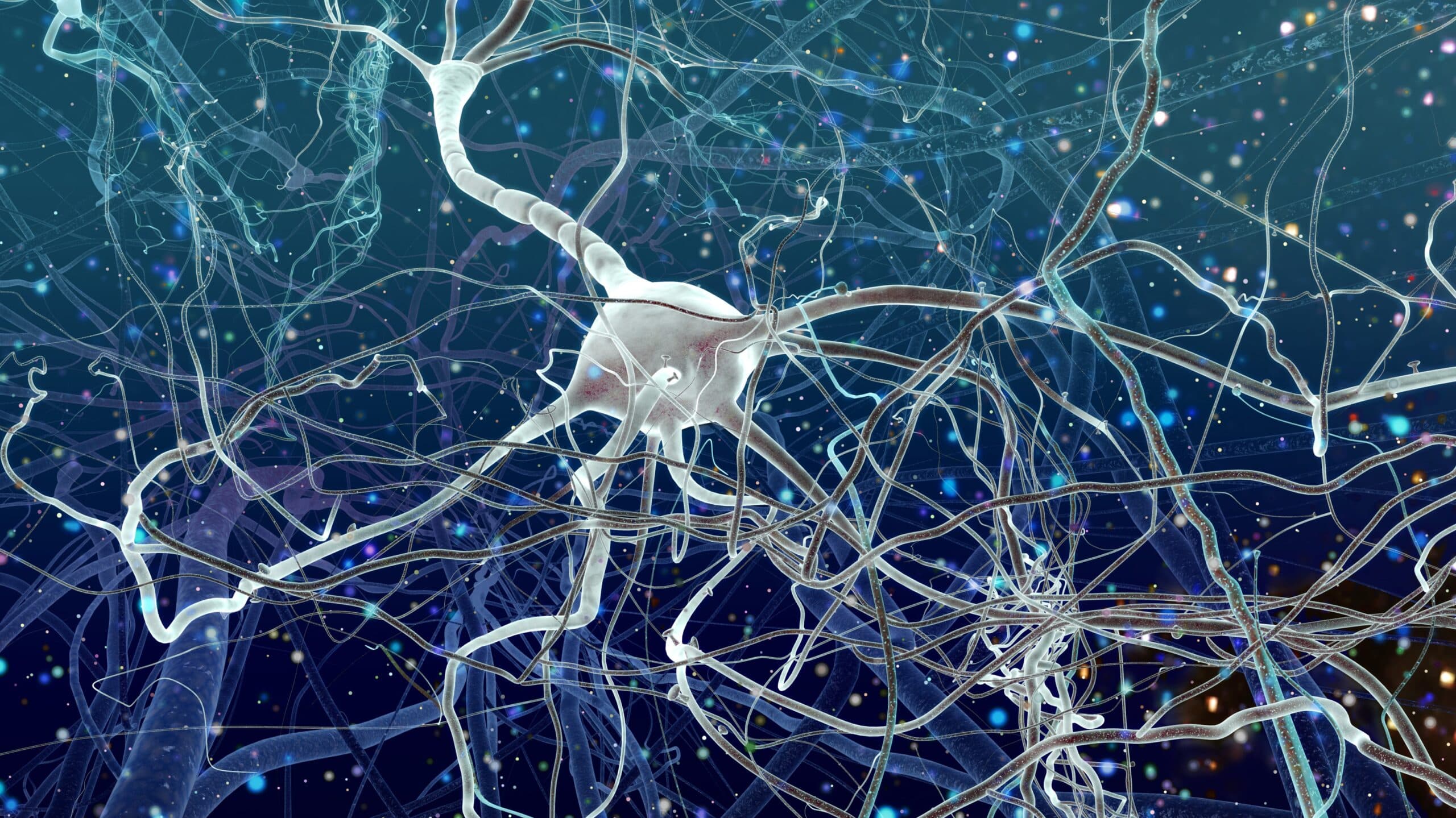According to Bruce Yanker, senior author and professor of genetics at Harvard Medical School and co-director of the Paul F. Glenn Center for the Biology of Aging, “The idea that neural circuit activity in the brain can have far-reaching effects on lifespan is exciting, and raises the possibility of a previously unanticipated mode of regulation of the aging process.”
The researchers studied hundreds of donated human brains to examine those which had been dementia free adults who died between the ages of 60-100. Brains in the upper age range from the sampling were found to have significantly less expression of genes that are linked to neural overactivity when compared with those from the younger age range.
As published in Nature, the older brains were also discovered to share more of one component then the younger brains, the RE1-Silencing Transcription factor protein that plays an important role in repressing the neural genes of non-neuronal cells, which also protects the brain from stress and dementia as we age.
This research is based on studies with mice and worms, and suggests the activity of the nervous system affects longevity; neural excitation appears to progress down a chain of molecular events closely linked to longevity. Findings suggest excessive brain excitation is linked to shorter lifespan, and suppressing this over activity, which was demonstrated by the greater prevalence of REST, will extend lifespan as REST was shown to lower excitation, suppressing genes involved in neural excitation.
When RE1-Silencing Transcription factor protein was blocked in animal models there was higher neural activity and earlier deaths. When RE1-Silencing Transcription factor protein was boosted an opposite effect was observed of lower neural activity and death at a later age.
“We are interested in how neural activity interfaces with the insulin/IGF signalling pathway to regulate lifespan, and particularly the role of the REST transcription factor. We are also screening potential drugs that elevate REST function as a potential therapeutic approach to Alzheimer’s disease,” says Yankner.
“REST acts on the epigenome, the set of modifications to our DNA and associated proteins that do not involve changes in the DNA code. There is a considerable research effort focused on the role of the epigenome in aging, and whether epigenomic changes underlie degenerative changes associated with aging,” explains Yankner.




